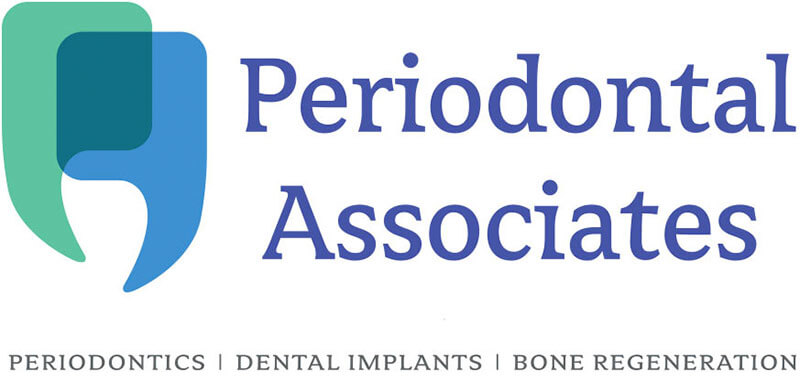A multidisciplinary group of investigators from the UCLA School of Dentistry, the David Geffen School of Medicine at UCLA, the UCLA School of Public Health and UCLA’s Jonsson Comprehensive Cancer Center has demonstrated the usefulness of salivary diagnostics in the effort to find and fight the disease. Their results are published by the journal Gastroenterology.
Pancreatic ductal adenocarcinoma, the most common type of cancer of the pancreas, is also the most lethal of all cancers, with a mortality rate that is approximately the same as the rate of incidence. A “silent killer,” pancreatic cancer produces its typical symptoms — abdominal pain and jaundice — only in the advanced stage of the disease, making it difficult to fight. Fewer than 5 percent of those diagnosed with the disease live for five years, and full remission is very rare, according to the World Health Organization.
“Worldwide, the prevalence of pancreatic cancer is so high, and the disease is so deadly, that it calls out for a reliable means of early diagnosis,” said the study’s senior investigator, Dr. David Wong, D.M.D., D.M.Sc., UCLA’s Felix and Mildred Yip Professor of Dentistry and associate dean of research at the dental school. “The ability to implement safe, cost-effective, widespread screening could be the answer to saving thousands of lives each year — and that is what we are after.”
“David Wong and his team at the dental school have demonstrated the usefulness of saliva in detecting oral cancer,” said co-first author Dr. James Farrell, M.D., an associate professor in the UCLA Division of Digestive Diseases and director of the Pancreatic Diseases Program at UCLA. “As a clinician-scientist who manages patients with all stages of pancreatic cancer, I was eager to work with them to explore the possibilities it could yield in diagnosing this disease.”
In the study, the researchers successfully linked changes in the molecular signatures found in human saliva to the presence of early-stage pancreatic cancer.
“Our recent findings underscore the potential for salivary diagnostics to play a pivotal role in the detection of systemic cancers and diseases,” said Lei Zhang, Ph.D., an assistant researcher at the UCLA School of Dentistry Dental Research Institute and co-first author of the study. In addition to Wong, Farrell and Zhang, the research team included Hui Zhou, David Akin and No-Hee Park of the UCLA School of Dentistry; David Elashoff of the UCLA School of Public Health; and David Chia of the David Geffen School of Medicine at UCLA. Wong, Chia and Park are also members of UCLA’s Jonsson Comprehensive Cancer Center.
Source: Science Daily
